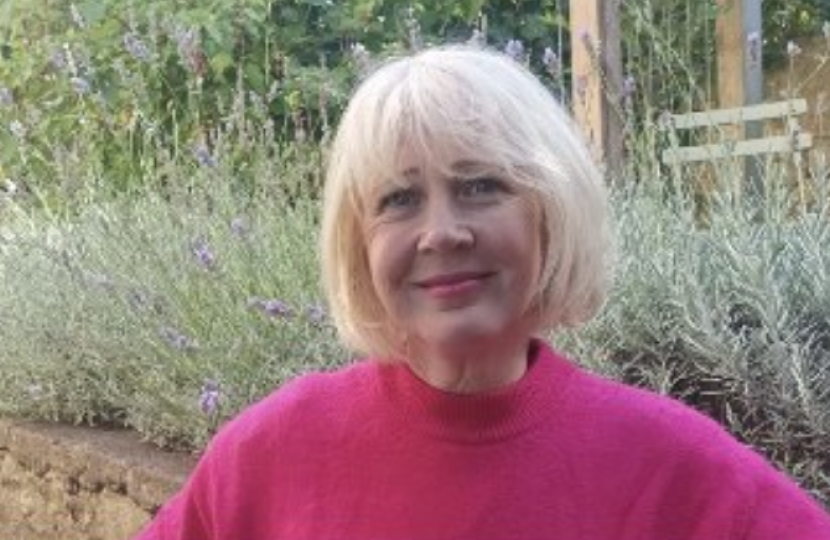
Entry Hill LibDem shambles deepens as contamination findings got buried - until campaigner Louisa spoke to the Council.
The wheels continue to fall spectacularly off the LibDem plan for a commercial mountain biking park at Entry Hill, on the site of a former temporary landfill site.
The 10-hectare site has been owned by the Council since BANES was created in the 1990s. In the 1970s it was used as an overflow landfill site, before being covered with topsoil and turned into a nine-hole golf course. The present LibDem administration in BANES closed the course in 2020, and planned to turn the site into a commercial mountain bike park, including concrete covered "pump tracks" and designated cycle paths.
Local people have been campaigning against the plan, and on 1st December 2022 BANES announced it would not be progressing with the plan, citing rising costs as the reason.
Presumably entirely coincidentally, also in December a long-awaited detailed independent Council-commissioned Contamination Report, following detailed investigation on the site, was quietly published by the Council. The report has been studied carefully by local resident and Conservative campaigner, Louisa McFarland. Speaking at a Full Council meeting on February 21st, Louisa said:
"This report states unequivocally that 'no evidence of an engineered or membrane capping system was observed over landfill soils in any of the exploratory positions' and Integrate, the company employed to undertake the report, go on to observe 'it is likely there will be some increase in risk to human health from the proposed end-use due to increased potential for disturbance of landfill soils...compared to current limited recreational use."
Lousa continued:
"It is clear from the report that Integrale believe that trail degradation should be kept to a minimum - highly unlikely for a mountain bike park - in order to prevent landfill soils from being exposed and thereby liberating airborne dust/soil particulates from those materials.
"Finally, and perhaps even more importantly, given the absence of any formal capping system or widespread hardcore 'the site has received rainfall for at least 40-50 years spanning the operational period and intervening period since the landfill closure, therefore significant infiltration into the waste material is likely to have taken place. It is unclear if there has been or continues to be any detrimental impact to the aquifer and/or surface water and springs.' There has currently never been any testing of the Lyn Brook that runs under the site and out into Widcombe; the scope of the report was purely soil contamination.
"The results of the soil testing prove that the following materials – lead, PAHs, boron, copper and zinc are all at concentrations that could pose a risk to human health. Also, the WRAS (Water Regulations Approval Scheme) Contaminant Threshold Concentrations are exceeded in most of the Topsoil and Made Ground."
However, despite this report, the current Widcombe and Lyncombe LibDem Councillor and Cabinet member, Cllr. Alison Born, has come out publicly as still in favour of developing the site as a mountain biking park.
Louisa says Cllr Born's view is now untenable.
"Does Councillor Born still think that a mountain bike park is the best use for this site? For a local Ward Councillor, she does seem to be particularly unconcerned about the health of those residents living closest to the site and indeed potential end-users who are also potentially at risk of being exposed to contamination.
"Residents all along the Lyn Brook in Lyncombe and Widcombe are now asking the obvious question: does the Council intend to test and regularly monitor the water in the Lyn Brook for contaminants, and release the results, and if not, why not?"
Local Bath Conservatives have said they will safeguard the Park as open green space if elected into office in BANES in May's local elections.

